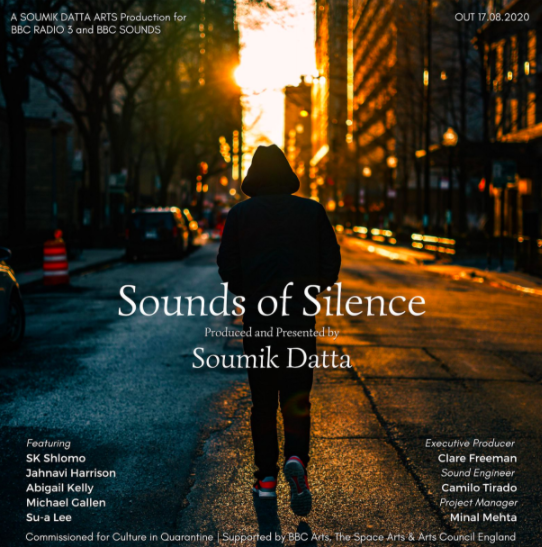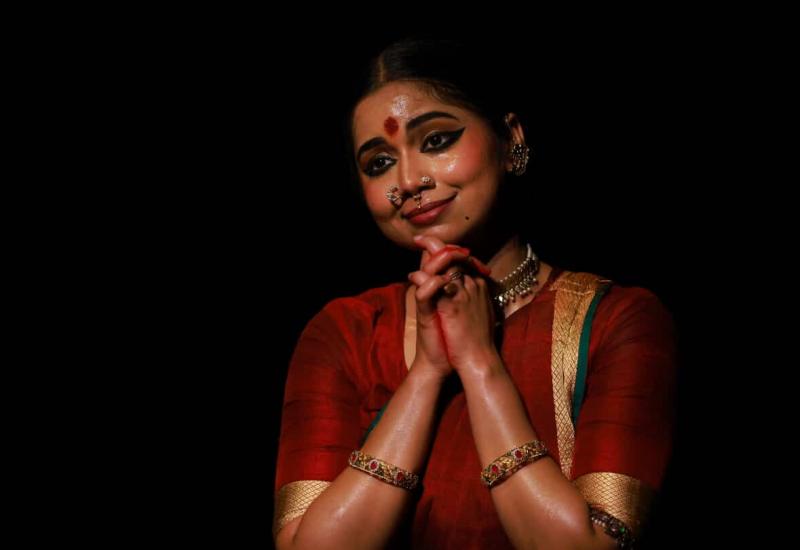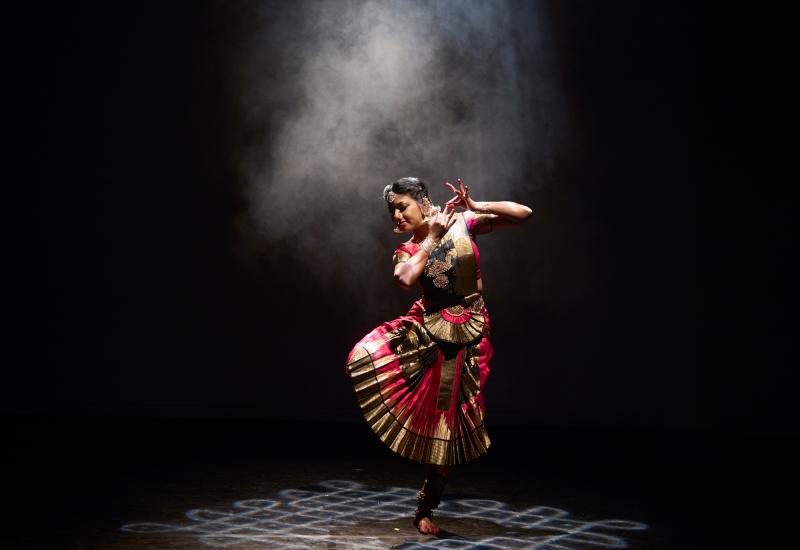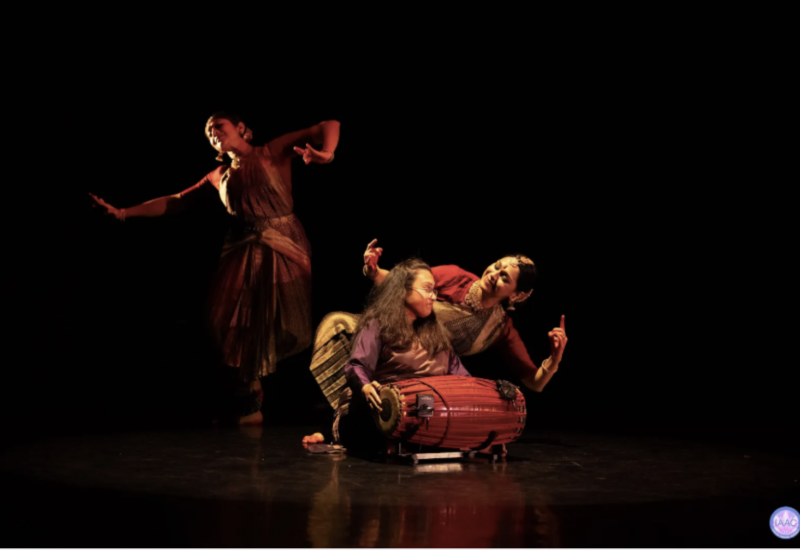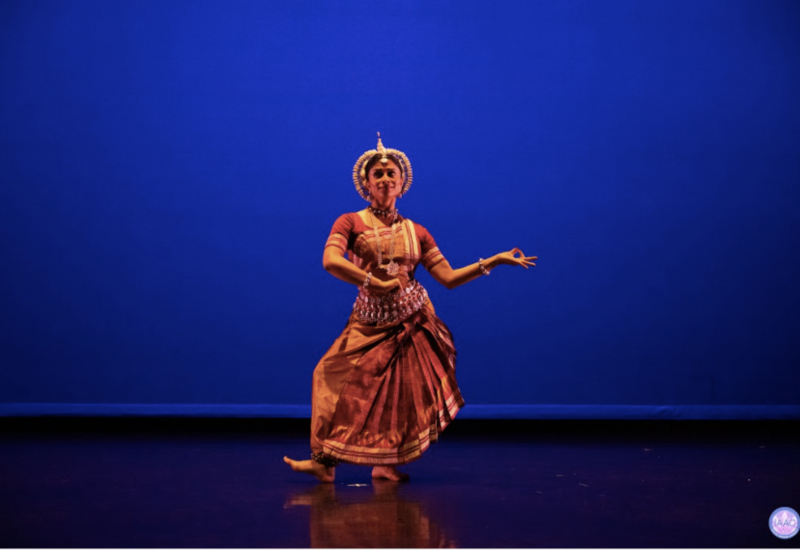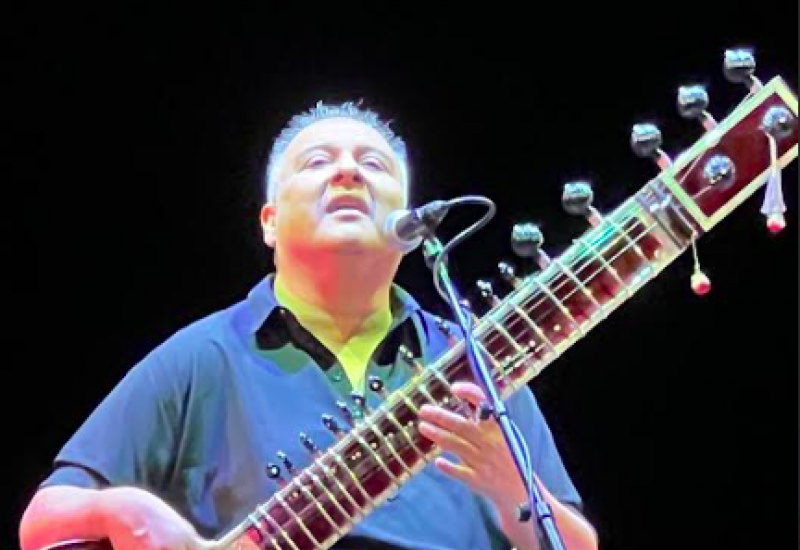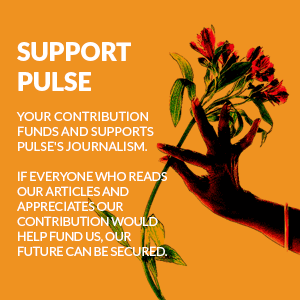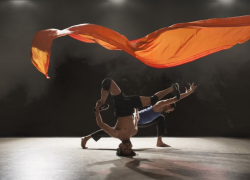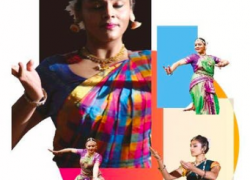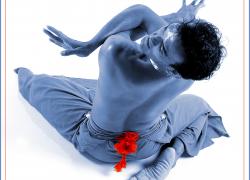Response to Soumik Datta's 'Culture in Quarantine' series
DURING THIS TIME of isolation, musicians across all genres have been faced with new obstacles— how to continue their craft, how to share music with the world, and how to keep the overall momentum going.
This lockdown has made us all question our sense of identity. We have been forced to dig deeper within ourselves and face the pain that we’ve been avoiding. With constant movement in the outer world, it is easy to neglect this deeper inquiry and investigate who we really are beyond our social roles and careers.
During quarantine, we have all had to come to terms with silence. Learning to be with ourselves allows us to cope better, and it allows us to be with others in a deeper way. In Soumik Datta’s Culture in Quarantine series, we are able to see the ways that each artist’s relationship with sound has been affected during quarantine—some have purposely stepped away from their music for a time; others have found it a profound time to dive into the pain and see what might be stirring underneath. In both situations, the healing happens.
These musicians have been given the chance to tune into the frequencies in and around their homes, discovering the music in the mundane—whether it’s through the dogs barking, the birds chirping, or someone’s partner doing an exercise routine.
In the first episode, Michael Gallen, an Irish pianist, talks about listening as a necessary daily practice. He talks about being able to tap into a deeper aspect of his being through listening. These times have tested our ability to stand within ourselves and listen within. It’s allowed us the ability to tune into our inner voice. British Jamaican soprano Abigail Kelly, from episode two, mentions that early on in her career she was advised that her voice was ‘too black’ and that she should change it. From then on, it became clear to her that despite people giving well-meaning advice, it is not always something that should be taken.
Episode three features award-winning beatboxer SK Shlomo who comments on the mental health aspect of being in lockdown. He quotes Lao-Tzu, who had said, ‘Silence is a source of great strength. Through his own exploration into self-care, Shlomo has found embracing silence to be key—something his younger adult self would’ve tried to avoid. When everything stopped, he realized the lifestyle of chasing gigs, jumping into cabs, taking flights, staying in hotels, playing in concert halls, and repeating the process was taking up a lot of space. There was no space for silence.
Episode four features Scottish Chamber Orchestra cellist, Su-a Lee, who mentions her last work before lockdown began was to go into dementia wards and share music. She explained the joy of seeing patients move from lethargy into dancing to the sound of the music.
In the fifth episode, Jahnavi Harrison, a kirtan singer and meditator, relates to sound as being the pathway to God. She explains that repetitive Kirtan chanting—chanting the names of God with devotion—serves both as a way of going deeper into one’s own heart and also as a way to purify and cleanse one’s being. She mentions the subtle yet vital relationship with breath we all have and must have every single day—it is the sound that is always there even when all else stops. Our heart beat and breath are what stay with us our entire lives— no matter the changes in our external environment.
The dark and desolate times make the brighter times more rich. Going through isolation and facing the darkness of one’s mind is like a psychic cleansing process that allows one to shine brighter at the end of the tunnel. While quarantine has affected many with mental health issues, we can choose to see the gift in this time as well—that we are being given the opportunity to connect with our inner voice, to come home to ourselves, and to attune ourselves to our true nature beyond social identity.
We are pleased to publish this first piece for PULSE by Diana Waldron, who responded to our recent call-out for writers. Diana is a freelance writer and a student of the sitar.
‘Sounds of Silence’ is a five-part audio series presented and produced by sarod player Soumik Datta on the impact of the COVID-19 lockdown on musicians. A Soumik Datta Arts Production for BBC Radio 3 and BBC Sounds, commissioned for Culture in Quarantine by The Space Arts, BBC Arts and Arts Council England, the podcasts will be available for a year on BBC Sounds.
BBC Radio 3 / BBC Sounds Links
Episode 1 BBC Radio 3 - The Essay, Culture in Quarantine: Sounds of Silence, Michael Gallen
Episode 2 BBC Radio 3 - The Essay, Culture in Quarantine: Sounds of Silence, Abigail Kelly
Episode 3 BBC Radio 3 - The Essay, Culture in Quarantine: Sounds of Silence, SK Shlomo
Episode 4 BBC Radio 3 - The Essay, Culture in Quarantine: Sounds of Silence, Su-a Lee
Episode 5 BBC Radio 3 - The Essay, Culture in Quarantine: Sounds of Silence, Jahnavi Harrison

